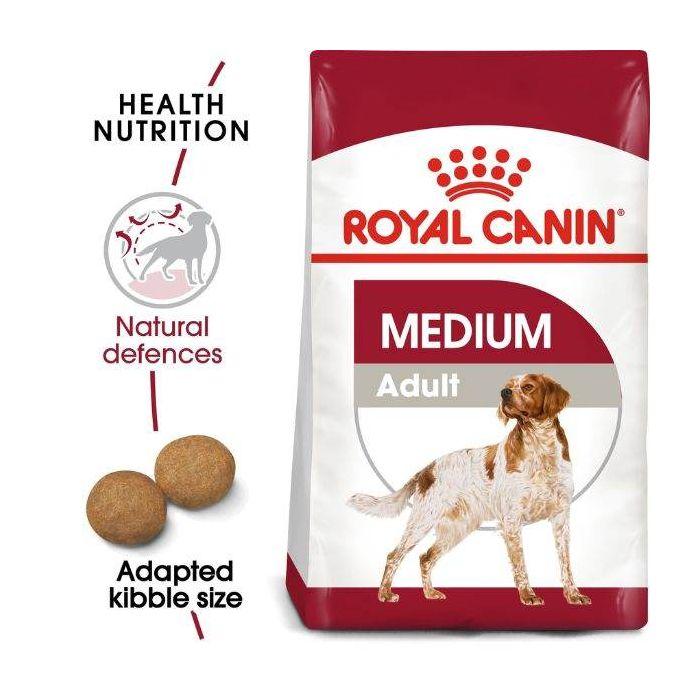As more people embrace plant-based lifestyles, the question of whether our canine companions can join us on this journey has sparked considerable interest and debate. “Can Dogs Be Vegan? A Nutritional Perspective” seeks to unravel this complex topic, offering insights into the dietary needs of dogs and the feasibility of meeting these needs through a vegan diet. While our furry friends share our homes and hearts, their nutritional requirements differ significantly from ours. This article will guide you through the essential nutrients that dogs require, explore the potential benefits and challenges of a vegan diet for dogs, and provide practical advice for pet owners considering this lifestyle change. With a warm and thoughtful approach, we aim to equip you with the knowledge to make informed decisions about your dog’s diet, ensuring their health and happiness remain a top priority.
Understanding Canine Nutritional Needs
When considering a plant-based diet for our furry companions, it’s crucial to delve into their specific nutritional requirements. Dogs are omnivores, meaning they can digest both plant and animal matter. However, ensuring a balanced diet on a vegan regimen involves careful planning. Key nutrients that require special attention include:
- Protein: Essential for muscle development and repair, sources like lentils, quinoa, and chickpeas can provide the necessary amino acids.
- Vitamin B12: Naturally found in animal products, supplementation is often needed to prevent deficiencies.
- Omega-3 Fatty Acids: Vital for skin and coat health, flaxseed oil or algae-based supplements can serve as alternatives.
It’s imperative to consult with a veterinarian or a pet nutritionist when transitioning to a vegan diet. They can help craft a meal plan that meets all of your dog’s dietary needs, ensuring a healthy and vibrant life.

Exploring Plant-Based Nutrients for Dogs
When considering a plant-based diet for your canine companion, it’s crucial to ensure they receive a balanced array of nutrients that support their health and vitality. Dogs, being omnivores, can thrive on a diet that includes both animal and plant sources, but achieving this balance with plant-based foods requires thoughtful planning. Key nutrients to focus on include:
- Protein: Vital for muscle development and repair, plant-based proteins such as lentils, chickpeas, and quinoa can be excellent alternatives to meat.
- Fatty Acids: Essential for skin health and a shiny coat, sources like flaxseed and chia seeds offer Omega-3s that are typically found in fish.
- Vitamins and Minerals: Ensure your dog’s diet is fortified with necessary vitamins like B12 and D, as well as minerals such as calcium and iron, often found in fortified plant-based foods or supplements.
By carefully selecting and combining these plant-based sources, you can create a nutritionally complete diet that meets your dog’s needs. It’s always wise to consult with a veterinarian or a pet nutritionist to tailor a plan that suits your dog’s specific requirements.

Balancing a Vegan Diet for Your Furry Friend
For those considering a plant-based lifestyle for their canine companions, ensuring a balanced diet is crucial. Dogs are omnivores, meaning they can thrive on a variety of foods, but certain nutrients must be carefully monitored. A well-rounded vegan diet for dogs should include:
- Protein: Essential for muscle health, plant-based sources like lentils, chickpeas, and quinoa can be great alternatives. Consider adding supplements if necessary.
- Amino Acids: Dogs require specific amino acids like taurine and L-carnitine, which might not be present in sufficient quantities in plant foods. Consult with a vet for appropriate supplements.
- Vitamins and Minerals: Ensure your dog gets enough vitamin B12, calcium, and iron. Fortified foods and supplements can help meet these needs.
It’s also important to monitor your dog’s health regularly and adjust the diet as needed. Look for signs of nutrient deficiency, such as lack of energy or poor coat condition, and always consult with a veterinarian before making significant dietary changes. With careful planning, a vegan diet can be a healthy choice for your furry friend.

Tips for Transitioning Your Dog to a Vegan Diet
Transitioning your furry friend to a vegan diet can be a rewarding journey, but it’s important to ensure their nutritional needs are met. Start by introducing new plant-based foods gradually, mixing them with their current diet to allow their digestive system to adjust. This can help minimize any potential digestive upset and make the transition smoother for your pup. Consider incorporating a variety of protein sources such as lentils, quinoa, and chickpeas to ensure they receive the essential amino acids they need.
- Consult with a Vet: Before making any dietary changes, it’s crucial to consult with a veterinarian to ensure your dog’s health and nutritional needs are met.
- Monitor Health: Keep an eye on your dog’s weight, energy levels, and coat condition. These can be indicators of how well they’re adapting to their new diet.
- Supplements: Consider using vegan supplements to ensure your dog gets nutrients like Vitamin B12, taurine, and L-carnitine, which may be lacking in plant-based diets.
Remember, each dog is unique, and what works for one may not work for another. Patience and attention to your dog’s response are key to a successful transition.

